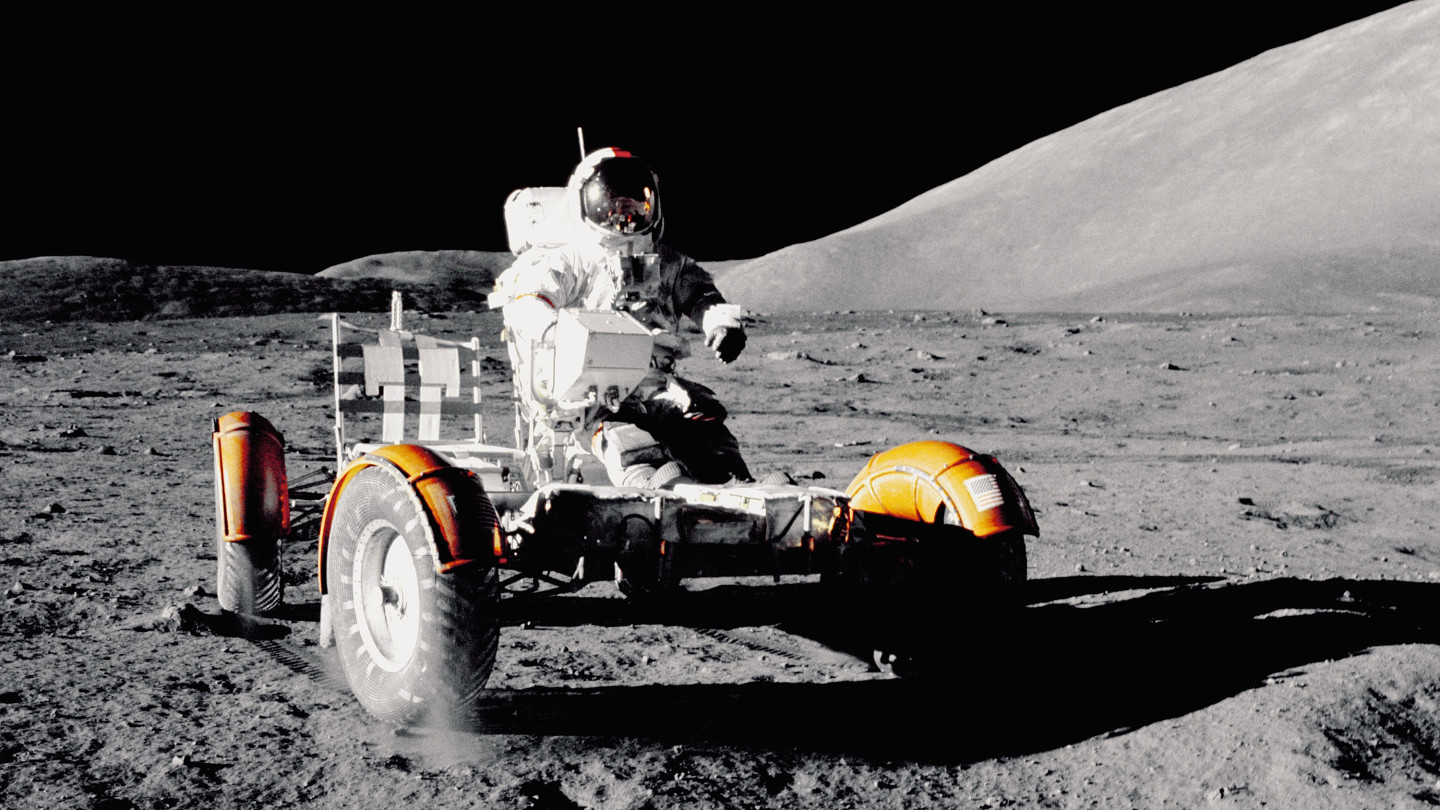Ready to get in the driver's seat for your next mission?

In this project-focused activity, you'll be using everything you've learned so far from Intro to GraphQL with Java & DGS!
Before going any further, make sure you know:
- How to write Schema Definition Language (SDL)
- How to create datafetcher classes
- How to access data sources from datafetcher class methods
You'll also need to use these technologies:
- Java basics
- Domain Graph Service (DGS) framework
If you're comfortable with those, great! You'll be able to continue working on our music catalog application.
You'll carry this feature from start to finish, building onto the schema, writing data source methods to connect to a REST API, and implementing datafetchers.
This project picks up where Intro to GraphQL with Java & DGS finishes, but you can certainly jump right into it if you're up for it!
The app so far...
Right now, we can query our music catalog app, MusicMatcher, for featured playlists and a particular playlist. Along with data about the playlist itself, we can also see more detail about the tracks that each playlist contains.
In this hands-on lab, you'll complete the steps to bring the next feature into our GraphQL API. We're going to expand our music catalog application with artists. ✨
If you haven't completed the course, clone the project starter repo using the command below:
git clone https://github.com/apollographql-education/odyssey-dgs-lab.git
Project structure
Our project is a fully-functional, backend server application.
Here's a look at the file structure. Our server's main function is located in the SoundtracksApplication.java file, and we have three folders that contain the logic that utilizes the DGS framework: datasources, datafetchers, and models.
📦 odyssey-dgs-lab┣ 📂 gradle/wrapper┣ 📂 src┃ ┣ 📂 main┃ ┃ ┣ 📂 java/com/example/soundtracks┃ ┃ ┃ ┣ 📂 datafetchers┃ ┃ ┃ ┣ 📂 datasources┃ ┃ ┃ ┣ 📂 models┃ ┃ ┃ ┣ 📄 SoundtracksApplication.java┃ ┃ ┃ ┗ 📄 Webconfiguration.java┃ ┃ ┗ 📂 resources┃ ┗ 📂 test/java/com/example/soundtracks┣ 📄 .gitignore┣ 📄 README.md┣ 📄 build.gradle.kts┣ 📄 gradlew┣ 📄 gradlew.batch┗ 📄 settings.gradle.kts
Open up the project in the IDE of your choice.
Next, navigate to the main SoundtracksApplication file located in the com.example.soundtracks package. If you're using IntelliJ, click the green play button in the margin next to the main function, or the one located at the top of the interface.
Alternatively, you can open a new terminal to the root of your project and run the following command:
./gradlew bootRun
Setting up the Explorer
To test queries on our GraphQL server, let's open up Apollo Sandbox at studio.apollographql.com/sandbox. When it loads, connect it to where the server is running at http://localhost:8080/graphql.
Let's try out a query to get a list of featured playlists. Copy the query below, paste it into the Explorer's Operations panel, then run it. You should get a list of playlists, along with their tracks, in the Response panel on the right-hand side.
query GetFeaturedPlaylists {featuredPlaylists {idnamedescriptiontracks {idnamedurationMs}}}
You can also try building the query yourself by typing it out manually, or using the plus (⊕) buttons on the left sidebar to add each field.
The objective
Your mission is to expand this GraphQL API with artist data. By the end of the lab, you'll be able to run queries that include a track's artist details. This will consist of the following steps:
- Updating the schema to include a new artist type
- Building out the data source method to retrieve artist data
- Defining the datafetcher method to return artist data for a particular track.
Alright, time to get your hands dirty! The next few lessons provide hints and guides to what you'll need to do. If you get stuck, you can refer to the final branch of the repo, or you can reveal the code solution for each section. Click on the "Show code" button below to take a peek:
"I am the solution you are looking for"
Ready to get started? Off you go!
Share your questions and comments about this lesson
Your feedback helps us improve! If you're stuck or confused, let us know and we'll help you out. All comments are public and must follow the Apollo Code of Conduct. Note that comments that have been resolved or addressed may be removed.
You'll need a GitHub account to post below. Don't have one? Post in our Odyssey forum instead.